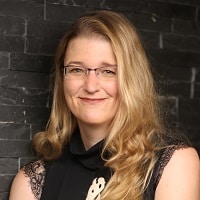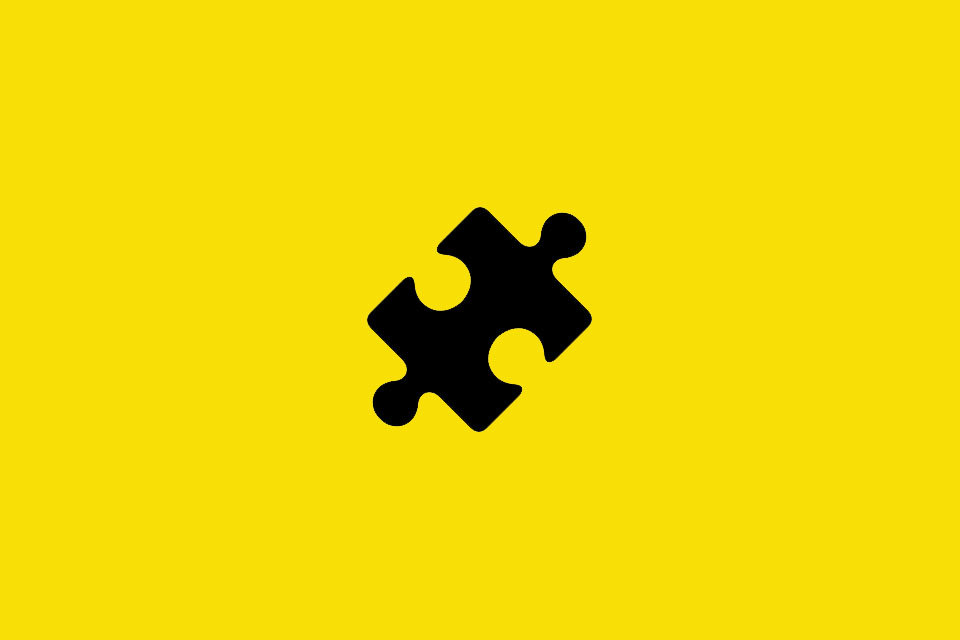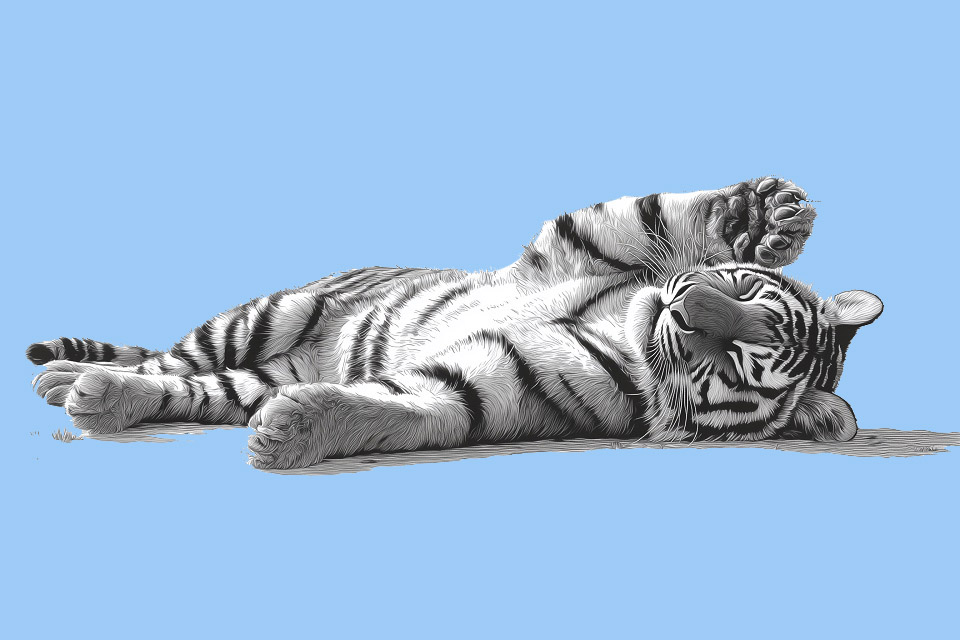Old culture instead of new work
Haka – What businesses can learn from the Maori
We sat together in a co-working space over lunch and started talking about what we do and what makes us tick. Rebecca, the only German so far to do a PhD in Maori culture in New Zealand, and Nico, who had started his own business as a coach and organisational developer after 33 years in industry.
The more we immersed ourselves in each other’s world, the clearer many things became. Rebecca, that her knowledge of Maori culture is directly connectable to current trends such as “agile” and “new work”; Nico, that the current concepts of organisational development are not so new at all, because many approaches – which we describe below – can also be found in the fascinating world of this ancient, Oceanic culture.
Whakapapa – Where we come from and who we are
“My name is Frank Mueller, I am the managing director of XY Ltd.”
“My name is Gerhard Meier, I am the managing director of YZ Inc.”
You’ve probably experienced rounds of introductions like this too, right?
Not with the Maori – they greet each other with the whakapapa, their genealogy, their complete history of origin. They don’t tell each other what title they JUST HAVE, but who they are SINCE and FOREVER.
- Where do I come from?
- Who are my ancestors?
- Where is my home?
Many points of contact that help to develop an understanding of the person standing in front of you.
Mana – What makes us tick
Translated into our vernacular, the first terms that come to mind are “reputation” or “repute”, but mana is much more fluid and largely extraneous. Image campaigns are completely alien to this concept, because you are what you do.
Every action, every good or bad deed, pays directly into mana and determines how others perceive a person. The mana affects oneself as well as the family and the tribe.
Especially in the area of leadership, it is interesting to note that mana is not only attributed to the person who takes responsibility, but also to the person who gives responsibility, trusts people and supports them. On the one hand, it is a special ability to recognise the leadership potential in others; on the other hand, it is an obligation to support others. The image Frithjof Bergmann drew when introducing the term New Work, “a world in which everyone empowers everyone else”, is actively lived in Maori. It is a counter-design to the “strong hand” of a leader who tells everyone else what to do – and gets promoted for it.
Whanau – The family around us
In Maori culture, the word whanau = (nuclear) family is applied not only to kinship relationships but also to groups of people who, for example, pursue a common goal.
Whether a company, student group or sports team, one is a member of a community and, in the broadest sense, also of a family.
At first glance, this corresponds to the idea of “we are all one family here”, which is especially popular in companies, but it goes much deeper in cultural terms. Within the whanau, people support each other, without ifs and buts and above all without asking. The family gives direction, makes demands, offers protection and help.
If a member of the whanau is ill, food is waiting at the door; if someone attends a tangihanga, the funeral of a close person, for several days, the children are looked after, the household is taken care of and everything that needs to be done is done as a matter of course.
How beautifully and easily this could be transferred to companies and the painful discussions about the duty to bring or collect information.
Wahine – The role of women
The concept of the family automatically leads to the question of the role of women in society and business.
First the facts: New Zealand is the country where women were the first to have full suffrage and to this day the country appears in the top 5 in all statistics worldwide when it comes to women’s equality.
This is based on a concept that not only seems foreign to us at first glance, but is also diametrically opposed to most western discussions on equality. The Maori have a very special and profound view of women: Women are special because of their “childbearing capacity”, the ability to bear children and procreate life. This is because they provide the wakapapa, the genalogical lineage of families.
But they are not reduced to this, because, culturally firmly anchored, at the moment of birth, life and death meet. It is an event that gives women special powers and determines their position in society.
Where biological facts are not seen as a disadvantage but as an advantage, there is no need to discuss “equality” as a social concept with quotas and language regulations, it is simply there.
Both in Maori tribes and in New Zealand society as a whole, it is clear:
Wahine Toa – women are strong and of course they can lead, tribes as well as companies.
Haka – Where it all comes together
Anyone who has ever seen it can neither escape its spell nor its elemental power – the haka.
Today it can be observed in many contexts, but it became popular through the stagings of the New Zealand national rugby team, the All Blacks, before their matches.
The haka, an ancient ritual that pays respect to the opponent, but in (this case) is also meant to instil fear. It symbolises, “We are strong, we are not afraid and we are a community. We will win!”
Measurements on the players have shown that not only breathing but also heartbeat are absolutely synchronised. They are in a state of spiritual rapture, called tapu. In harmony with themselves, the world and the people around them.
Here, too, a difference to the circles of players often observed at football matches: Turned inwards, preoccupied with themselves, turning their backs on the opponent instead of their faces and without a chance to perceive the danger from outside.
The fact that the name “Scrum” for the central agile framework comes from a game situation in rugby and not from football seems more than just a hint.
Haka is one of the central cultural elements of the Maori and always invites us to deal with the central questions:
- Who are we?
- Why are we here?
- Where are we going?
- What is our destination?
Notes:
In this article, Dr Rebecca Burke and Nicolas Korte have only touched on and simplified some topics of Maori culture. Aspects such as kaitiakitanga, dealing with nature, behaviour towards weaker people or the Maori principles that lead to high performance culture have not found a place here.
If you are interested in Maori culture, treat it with respect, let yourself be inspired, but please do not try to copy individual elements.
And if you want to learn more about the complex culture, which cannot simply be put into a few words, then feel free to attend a lecture by Dr. Rebecca Burke and Nicolas Korte. Both are also available for personal talks. In addition, a book on the topic “Haka – What companies can learn from the Maori” will be published soon.

Dr. Rebecca Burke
Rebecca Burke studied history and art history at the Ruhr University in Bochum, during which time she worked in the arts and culture sector. After graduating, she emigrated to New Zealand. There she got to know a new culture in many ways and decided to do a PhD in Maori culture.
For 10 years, Te Herenga Waka Victoria University in Wellington was her home. The National Museum Te Papa Tongarewa as well as the New Zealand Historic Places Trust also became her professional home, where she was lucky enough to gain many indigenous experiences. As a lecturer in New Zealand History, mentor, stakeholder liaison, educator and researcher, Rebecca immersed herself in a different (cultural) working world and experienced much that is normally closed to so-called outsiders.
In the course of her doctorate, Rebecca Burke was awarded various scholarships and prizes and developed into a “go-between”, a wanderer between cultural worlds. Rebecca proudly fulfilled her role for the Prime Minister of New Zealand, where she was manager for the Governor-General and the British Crown, setting up and running the museum at Government House.
Currently, Rebecca Burke is the only German with a PhD in Maori culture and history and has an extensive international network. Since 2008, for example, she has worked with various Haka experts worldwide and is considered a non-Indigenous Maori expert in Germany.
She advises on the topic of Maori and New Zealand, works as a lecturer, and wants to contribute to making Maori culture an authentic experience and to counteracting the exploitation of the culture.

Nicolas Korte
Nicolas Korte studied mechanical engineering at Aachen University of Applied Sciences, specialising in nuclear engineering. He pursued a “classic” career in the field of plant engineering/industry for a total of 33 years. For over 25 years, it was as a manager, 20 years of which as managing director, in various groups and medium-sized companies.
In 2017, he came into contact with the topic of “agile organisation” for the first time. Afterwards, Nicolas not only consistently transformed his own group of companies, but also himself. After his training as a systemic coach for organisational development, he set up his own business as an ally for change and has been supporting companies and people in change processes ever since.
Nicolas Korte has published three more articles in the t2informatik Blog:
In the t2informatik Blog, we publish articles for people in organisations. For these people, we develop and modernise software. Pragmatic. ✔️ Personal. ✔️ Professional. ✔️ Click here to find out more.


